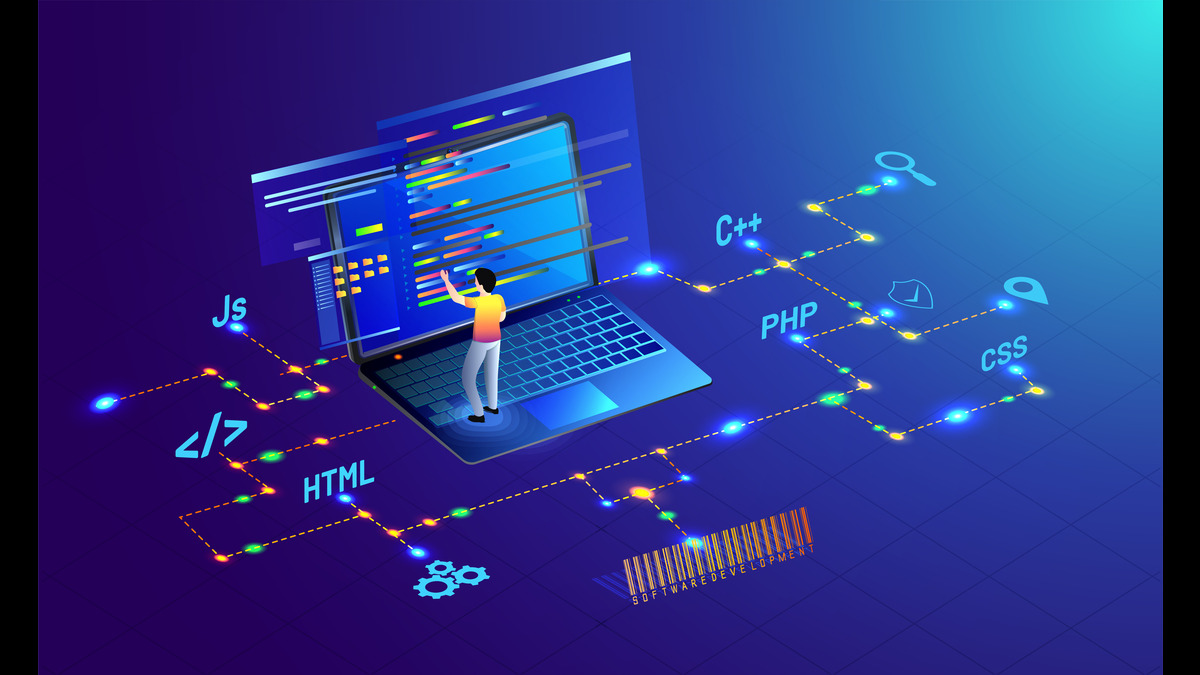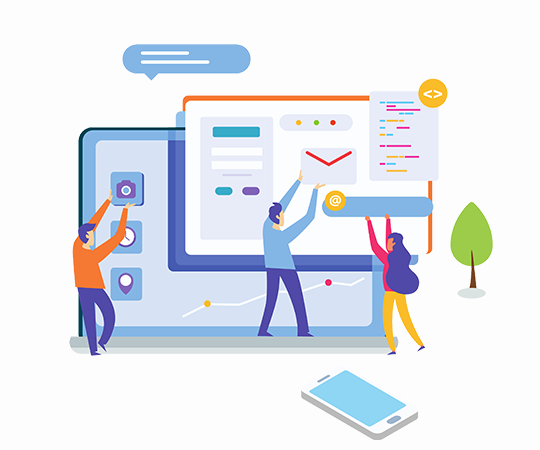In today’s fast-paced digital era, the education sector is undergoing a significant transformation. Technology, particularly artificial intelligence (AI), is revolutionizing the way we learn and teach. AI-enabled software applications are playing a pivotal role in enhancing the learning experience, personalizing education, and improving educational outcomes. In this blog, we will explore the innovative applications of AI in education and how software development is driving this transformation. We will discuss the various AI technologies used in education, the benefits they offer, and the future implications for learners, educators, and institutions.
1. AI-Powered Personalized Learning
1.1 Adaptive Learning Systems AI-powered adaptive learning systems are revolutionizing the educational landscape by personalizing the learning experience for individual students. These systems analyze data on student performance, preferences, and learning styles to deliver tailored content and recommendations. Custom software developers plays a crucial role in building robust adaptive learning platforms that can adapt and evolve with each learner’s needs.
1.2 Intelligent Tutoring Systems Intelligent tutoring systems leverage AI algorithms to provide personalized guidance and support to students. These systems can identify knowledge gaps, offer targeted interventions, and provide real-time feedback. Custom software development enables the creation of intelligent tutoring systems that can simulate human-like interactions, adapting to the unique needs and pace of individual learners.
2. Enhanced Content generate and Delivery to software development
2.1 Natural Language Processing (NLP) in Content Generation NLP technologies enable the creation of AI-powered content generation tools. These tools can automatically analyze and summarize educational materials, generate quizzes and assessments, and create interactive learning resources. Software development facilitates the integration of NLP capabilities into educational platforms, enabling more efficient content creation and delivery.
2.2 Virtual Reality (VR) and Augmented Reality (AR) in Immersive Learning VR and AR technologies provide immersive and interactive learning experiences. Custom software development allows for the creation of educational applications that leverage VR and AR to simulate real-world scenarios, explore complex concepts, and enhance engagement. These technologies enable learners to visualize and interact with information in ways that were previously unimaginable.
3. Brilliant Data Analytics for Education
3.1 Learning Analytics Learning analytics leverages AI and data mining techniques to analyze vast amounts of learner data. These analytics provide insights into student performance, engagement, and learning patterns. Custom software development enables the creation of powerful learning analytics platforms that can process and visualize data, facilitating data-driven decision-making in education.
3.2 Predictive Analytics for Student Success Predictive analytics utilizes machine learning algorithms to identify patterns and predict student success. By analyzing historical data, these systems can identify at-risk students, provide early intervention, and recommend personalized strategies for improvement. Custom software development ensures the integration of predictive analytics models into educational platforms, enabling proactive support for students.
4. AI-Enabled Assessment and Feedback
4.1 Automated Grading and Feedback Systems AI-powered assessment systems can automate the grading of assignments and provide immediate feedback to students. Natural language processing and machine learning algorithms enable these systems to analyze written responses, evaluate understanding, and deliver constructive feedback. Custom software development facilitates the development of reliable and efficient automated grading and feedback systems.
4.2 Intelligent Exam Proctoring AI-based exam proctoring systems monitor and detect potential instances of cheating or misconduct during online assessments. These systems utilize facial recognition, gaze tracking, and behavior analysis to ensure exam integrity. Custom software development allows for the creation of secure and reliable exam proctoring solutions, preserving the credibility of online assessments.
5. Ethical Considerations and Future Implications
5.1 Ensuring Data Privacy and Security As AI becomes more prevalent in education, protecting student data and ensuring privacy become paramount. Custom software development should prioritize robust security measures and compliance with data protection regulations to safeguard sensitive information.
5.2 Ethical AI Use in Education The ethical use of AI in education is crucial to ensure fairness, transparency, and inclusivity. Software development companies must adopt ethical guidelines and frameworks to mitigate biases, promote equity, and address potential ethical challenges.
Conclusion
AI-enabled software development is transforming education by revolutionizing personalized learning, content creation and delivery, data analytics, assessment, and feedback. As technology continues to advance, the possibilities for AI in education are limitless. It is essential for educational institutions and software development companies to collaborate and harness the power of AI to create innovative solutions that enhance the learning experience and prepare students for the challenges of the digital era. By embracing AI in education, we can pave the way for a more inclusive, adaptive, and effective educational system.




